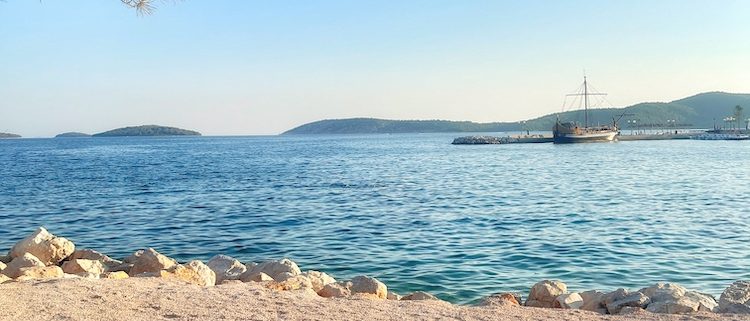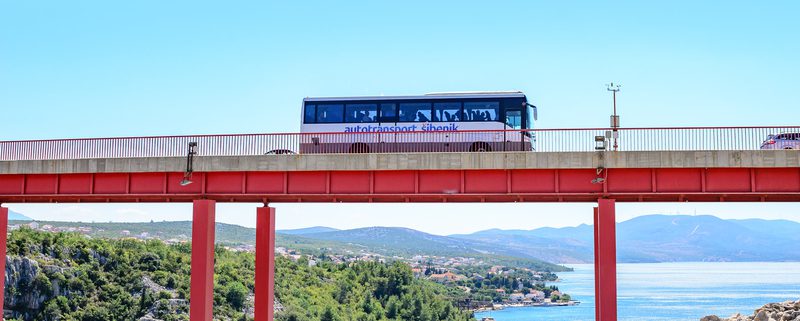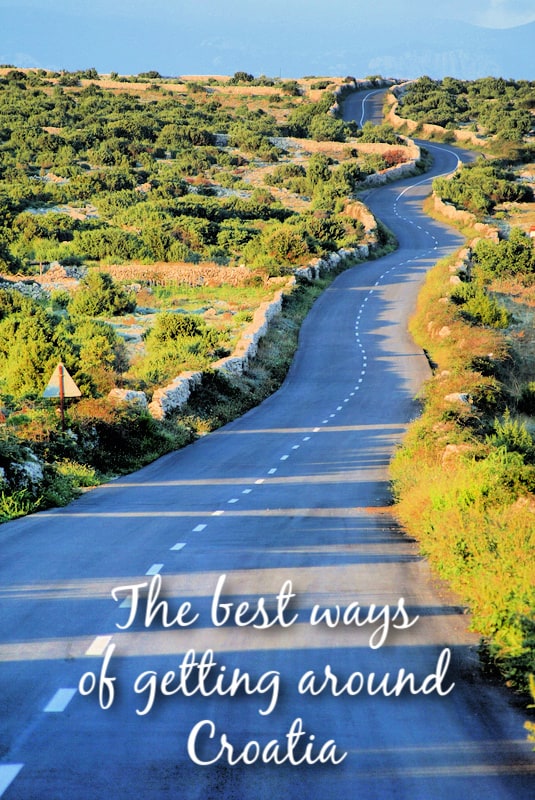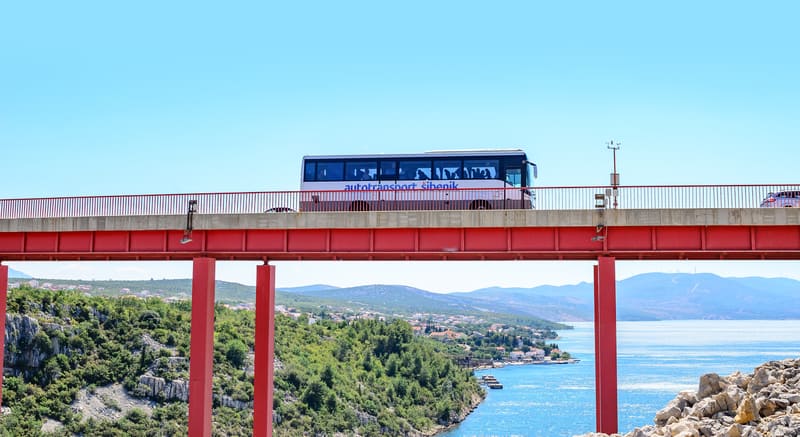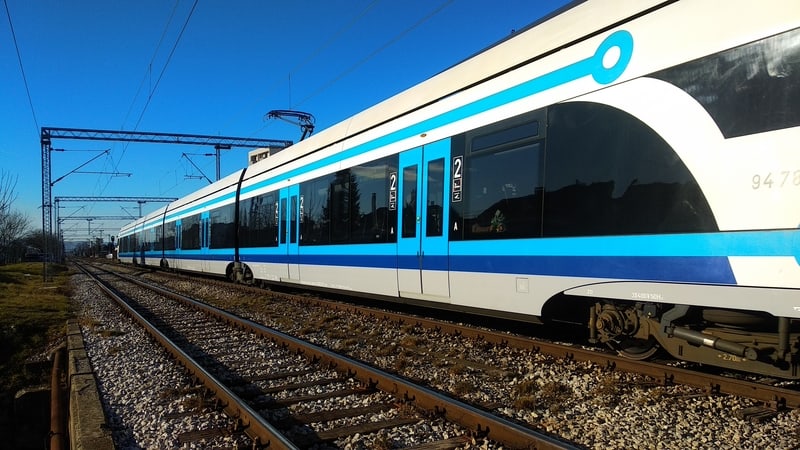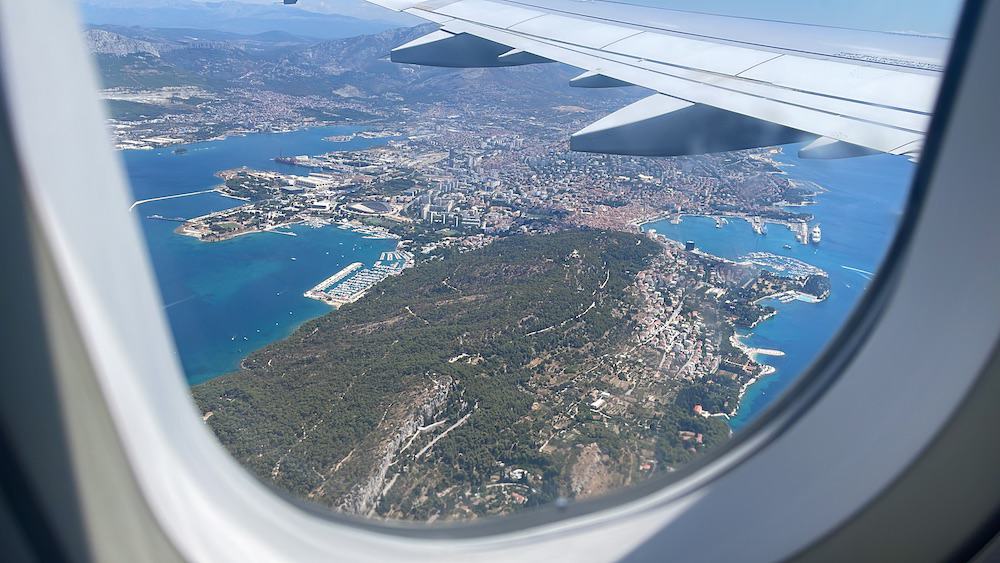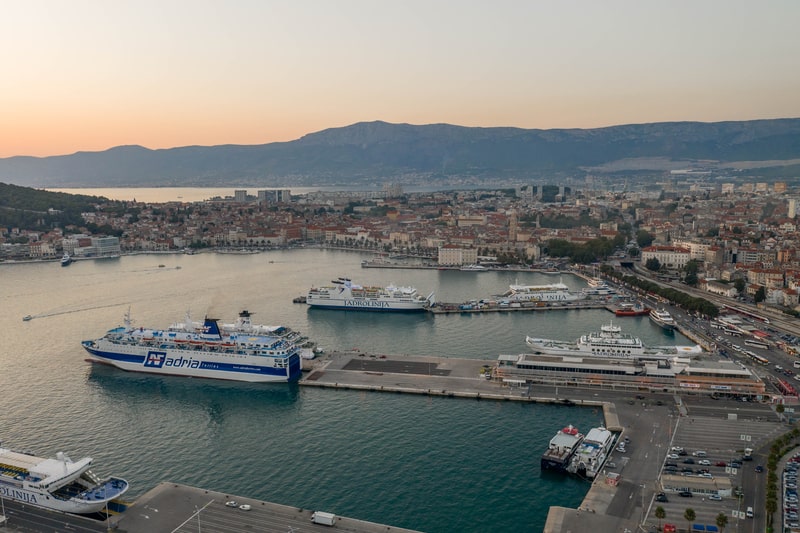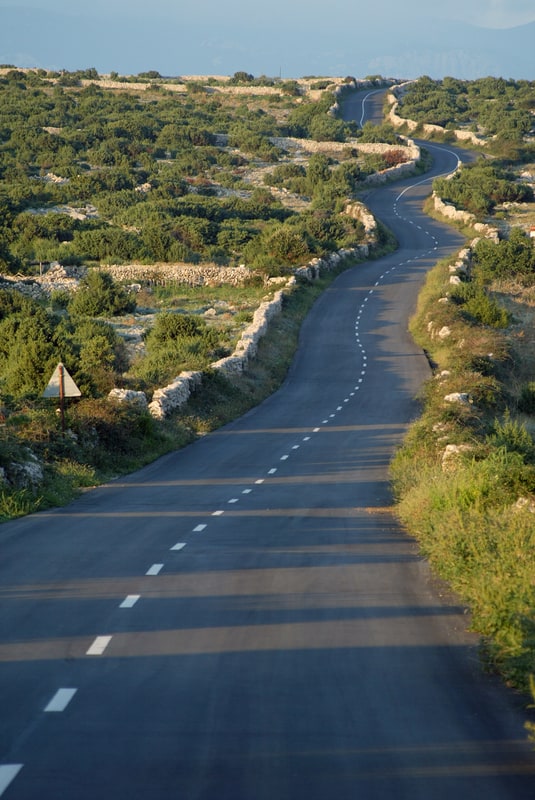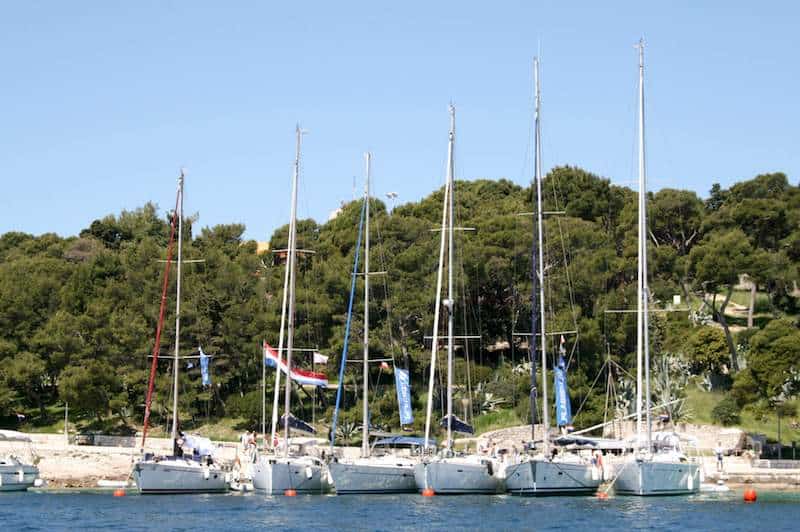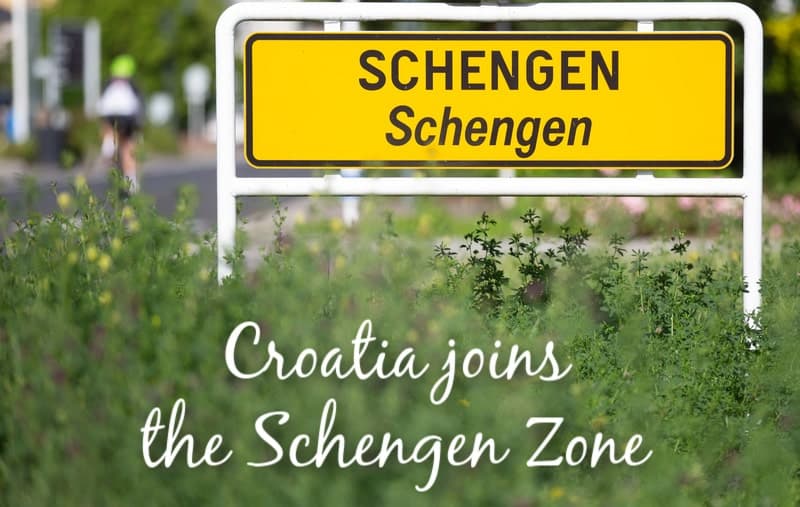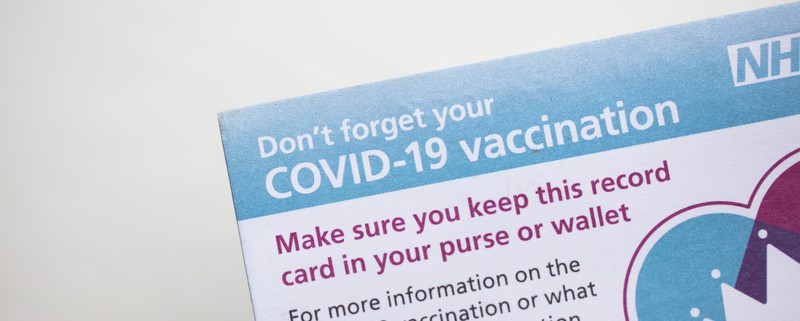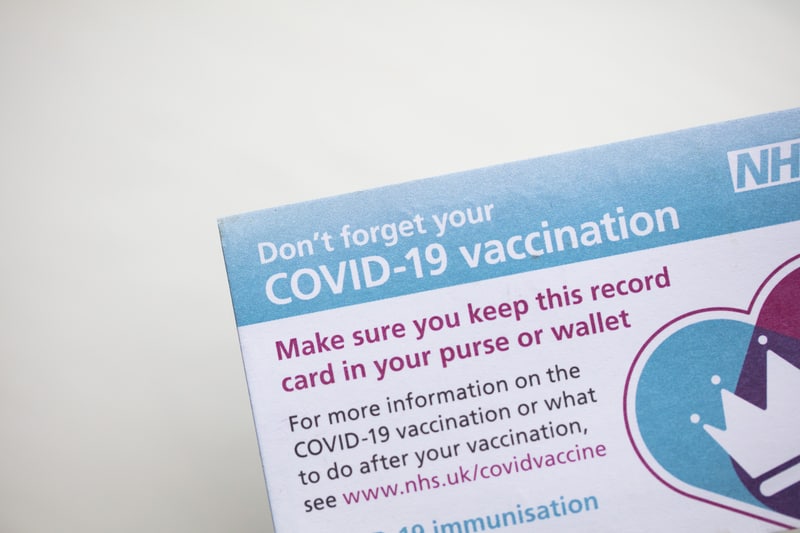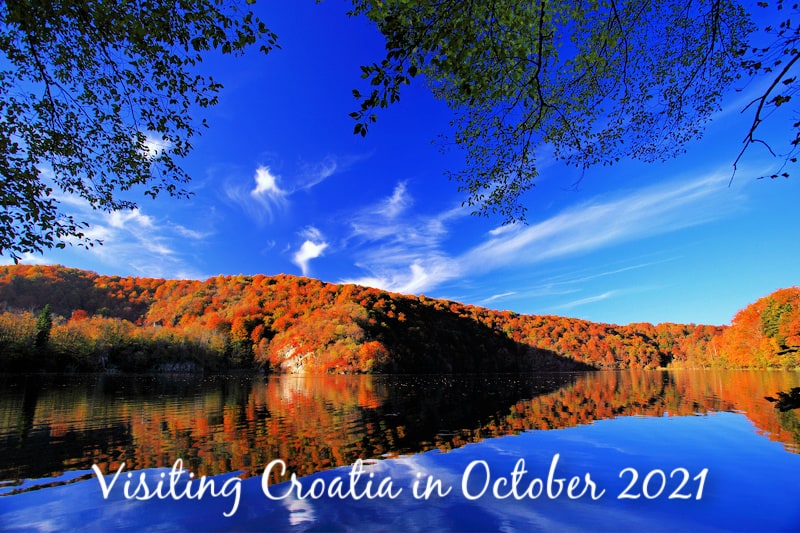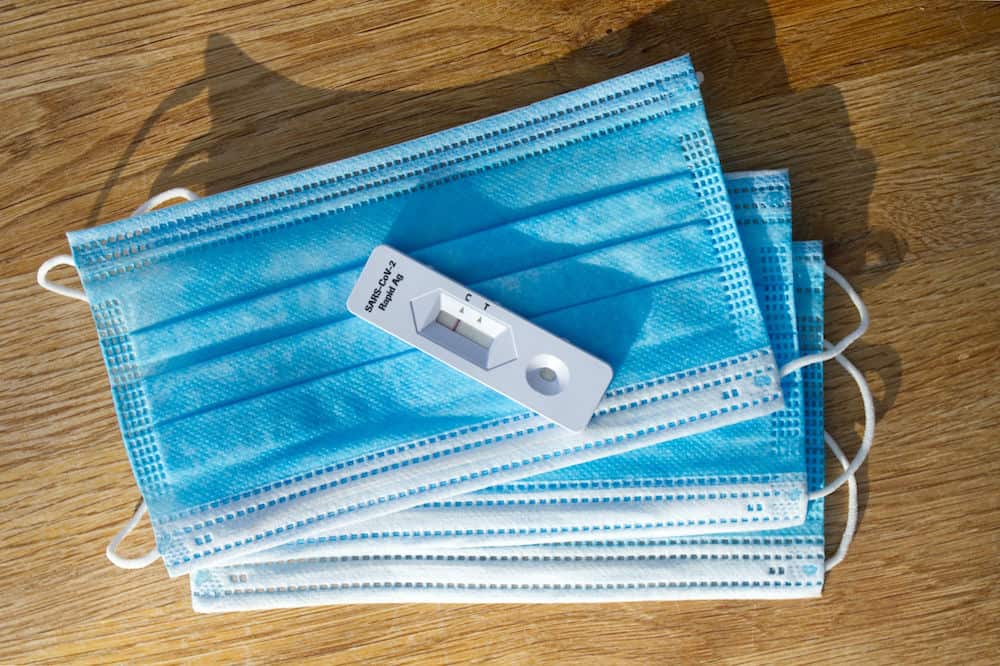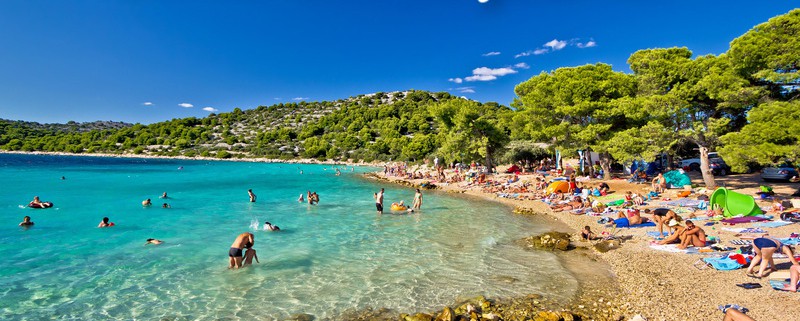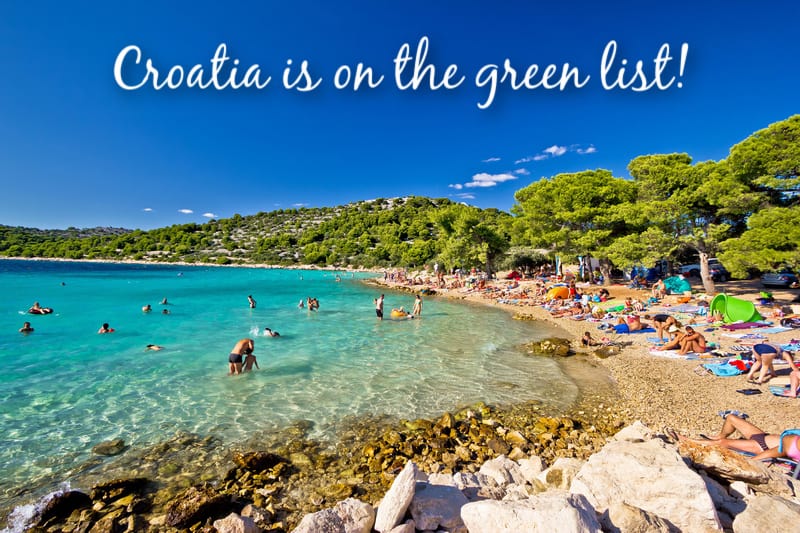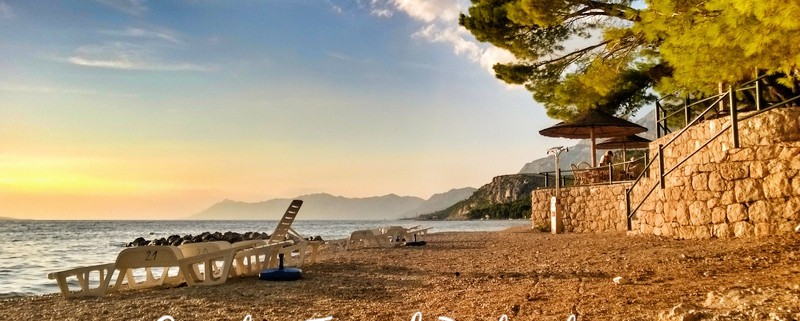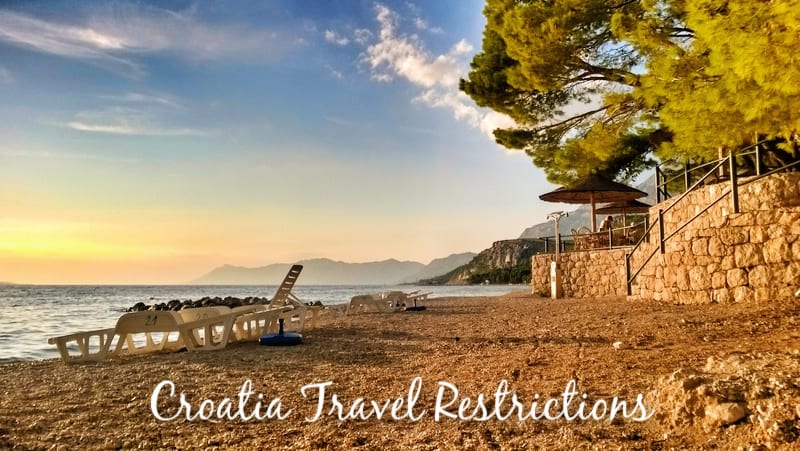Visit Croatia Review: Jet2 Holidays
Last summer, Visit Croatia sought out a summer holiday for her and her family – totalling two adults and two kids. After umming and ahhhing over locations on mainland Greece, the Greek islands and Cyprus, Visit Croatia decided to go where Visit Croatia knows best…Croatia! Here’s a review of my experience booking with Jet2 Holidays for a summer break in Croatia.
Summer Holiday Research Drives Me Mad
Although the Internet should make these sorts of things easy these days, information overload actually makes it more difficult! Sure, I can browse 20+ holiday booking, travel comparison and review websites, check out all their deals, see the reviews left by other travellers, try and figure out which extras are actually worth going for…but then that just leaves me exhausted!
This 5-star hotel seems a good deal, but lots of travellers have left recent reviews saying its current quality shouldn’t have that star rating.
That hotel looks fantastic, but where is it? *Pulls up Google Maps*, oh a 2 hour transfer? With a baby? Maybe not…
This holiday ticks all the boxes, and look, it’s a great deal on this particular website! But I’ve never heard of this website before, is it legit? Why do I have to call to book?! And why is it telling me the special discount runs out in the next two hours?
That’s where Jet2 Holidays comes in to save the day! Having ditched the “unknown” travel booking websites (too dodgy) and the comparison ones (too confusing) we decided to try the main holiday booking sites. There are a few of course – I won’t mention the others in this review, but I’m sure you know of them. Jet2 Holidays is actually the largest tour operator in the UK. (Helping over 5.8 million Brits enjoy trips abroad.)

Booking the Holiday
When it actually came to choosing and booking our holiday, I’m giving the Jet2 Holidays website a big thumbs up.
I found it incredibly easy to search for different destinations or multiple destinations at once. Each country they serve is divided up into different areas – Split area and Dubrovnik area, in the case of Croatia – so you can select individual ones as per your preference.
Once I had performed a search and received a list of results, I could filter out certain hotels and apartments by star rating, TripAdvisor rating and by resort name. I could even further filter the results by certain elements of a holiday – access to a children’s club or an aqua park, for example – and by board type.
Two things I’m a bit fan of about the Jet2 Holidays website (and app!) are the ability to “shortlist” particular holidays (so I could easily compare for my favourites, come back to my list at a later date, or even share the list with someone else) and how all the information about a holiday is laid out simply and clearly.
This last point is something that I find crucial and very much applaud Jet2 for! If I’m looking for a holiday, I want to see everything easily or be able to access all the information in just a click or two. As a parent to two little ones, “nice” flight times (i.e. not flights that land at 2am!) are important to me. So, being able to view the flight times on the main screen is a massive plus.
Likewise, transfer times – anything 2 hours or so is a no for me. but I get that that’s a possibility…but tell me and I’ll discount that particular hotel. Holiday companies, don’t hide this on page seven of the booking process! (Jet2 don’t – they show this on the main booking page.)
Another BIG plus is the calendar functionality. Once I had made a choice about a hotel or place of accommodation, I could draw up the calendar which showed me the same holiday and its different prices across all the dates it was/is available. This meant I could easily see if I could make a saving by travelling on a different week…or during mid-week.
Something similar happens when I was actually in the booking process. It’s very clear how much “upgrading” certain elements will cost – choose a different room at the same hotel and the price difference (“+£336”) is clearly displayed. The same happens for different board options, if available.
Oh, and another big hit with me? The fact that all of the basics are included in the price. And this means luggage (as well as transfers.) Jet2 have a baggage allowance of 22kg per traveller, which is part of a holiday booking. Certain other holiday booking sites may proclaim good deals before you realised it might be an extra few hundred quid for luggage. (Luggage basically being a must if you’re travelling with kids!) 10kg of hand luggage is also included.
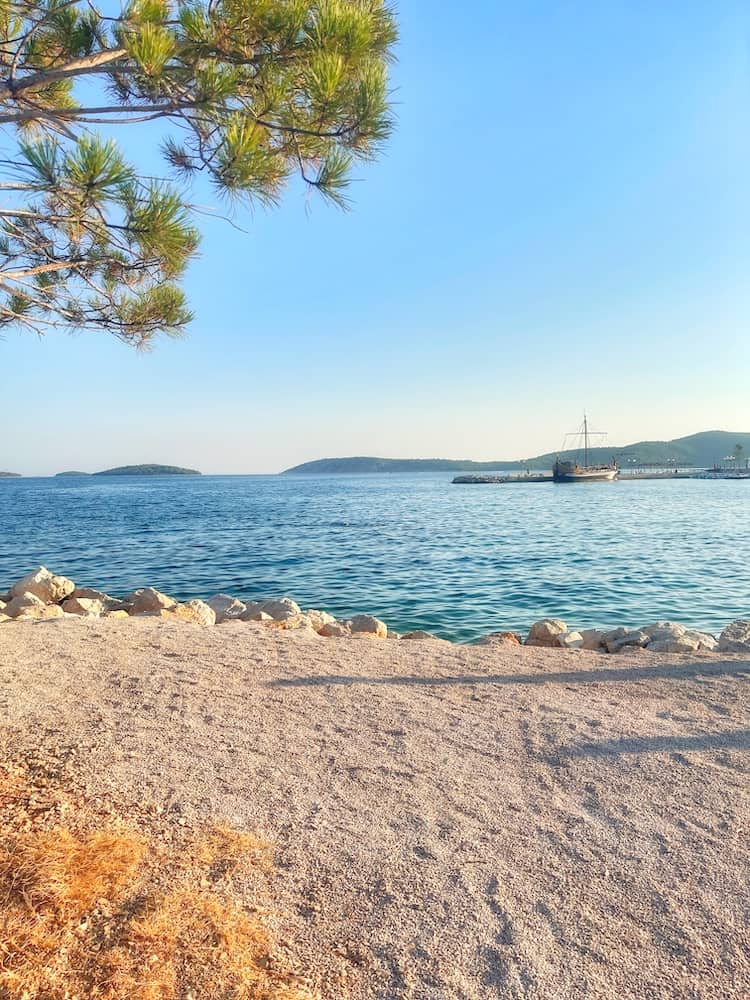
Changing Our Holiday Plans
Pleased as we were with finally booking after deliberating and researching for weeks (true story), less than 24 hours later we were hit with the realisation that we’d triple-booked ourselves and going away the week we’d planned would have meant missing out on several social events that were important to us.
Berating ourselves for being complete idiots, we thought we’d try calling Jet2 Holidays to see if you could maybe, possibly, somehow change our dates for a week earlier in the summer holidays.
This turned out to be not a problem at all! The very helpful and friendly lady we talked to pointed out that not only would there be no charge (as we were changing within 24 hours of booking), but we’d actually get a slightly cheaper holiday (meaning we’d get a refund) but changing our dates. A win all around!

The Flight and Transfer
Our actual flight was perfectly smooth; really, heading to Stansted was perhaps the more difficult element of it all. Sure, it’s a short-haul flight on a budget airline, but we still found it reasonably comfortable. Apart from being forced to hear that Jess Glynne song multiple times. (If you know, you know.)
Finding our transfer coach at Split Airport was also pretty straightforward, as was the transfer itself. If memory serves me, we made three stops in total with our hotel – the Amadria Park Hotel Jakov near Sibenik – being the last.
Jet2 Holidays during our Holiday
I can’t say we encountered any reps from Jet2 Holidays during our stay, but we also didn’t need them either! Our hotel had a Jet2 book at reception with additional information on excursions and similar, but we were happy with planning our own. (Huh, it’s almost like I run a Croatian travel site…)
We did receive a little welcome pack that told us when and where to meet our reps if we needed them. During the week we were there, they were at a neighbouring hotel twice.
The Jet2 app also displayed information on our holiday, such as displaying details about our return transfer the day before we left. The company also has a 24-7 UK-based hotline should guests need any assistance.
But, as I said, we didn’t need our Jet2 reps during our holiday!
Excursions
Jet2 Holiday generally also offer a wide variety of excursions from their hotels. The ones that could be booked from our resort were an 8-hour trip to Krka National Park or a 12-hour trip to Plitvice National Park. (Both of these excursions ran once a week.) Again, this isn’t something we personally made use of due to the fact we were holidaying with young children, but the fact that we could have opted for excursions right from our doorstep…as it were…was a plus.
Obviously, there were and are plenty more excursions available in the wider area not organised by Jet2 Holidays!
Review of Jet2 Holidays: Overall
Another impressive factor for me is that Jet2 Holidays is the Which? Travel Brand of the Year 2022, and is also a Which? Recommended Provider. Not only that – Which? has also declared them the best airline. (I’m a big reader of Which? and trust what they say!)
They offer free child places, and all infants under 2 go free. I relish any chance we parents can save on summer holidays.
It’s possible to purchase a holiday on a pay monthly or part pay (as and when) basis which is another big plus.
So overall? A big thumbs up from me! I’m already looking at deals for this year’s summer holiday!
Note: Visit Croatia paid for the above holiday herself and was not compensated in any way or asked to write this review by Jet2 Holidays. All views above are Visit Croatia’s own.

